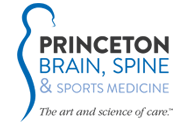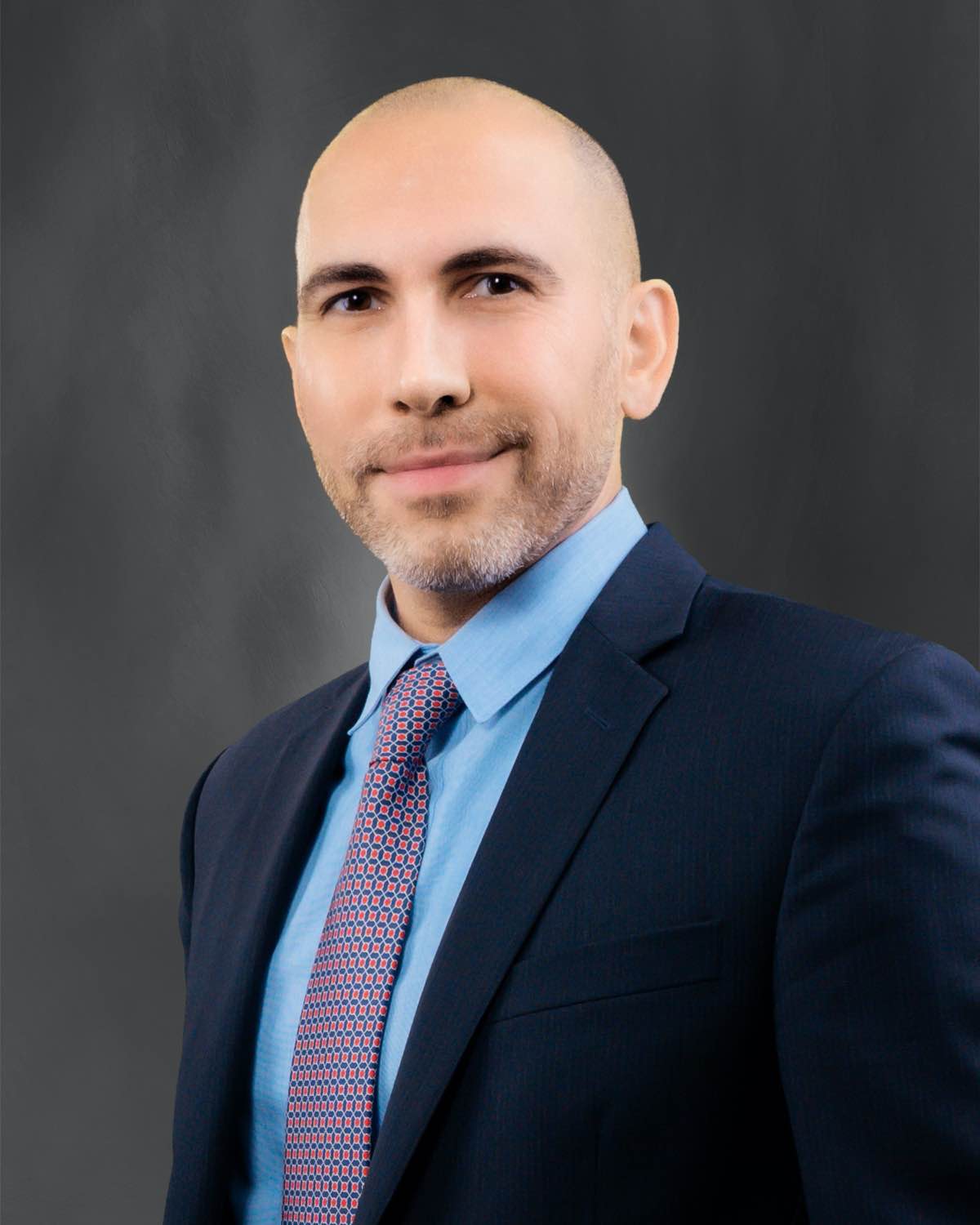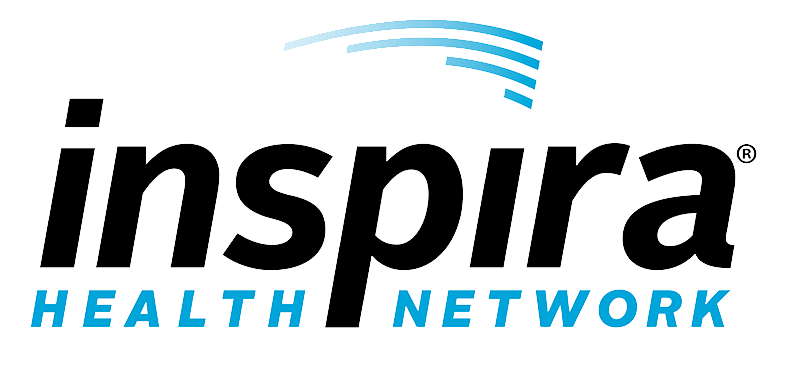James C. Barrese, MD, FAANS
Neurosurgeon
I understand the importance of being active. I scuba dive and snowboard whenever I have the chance to get away. At home, I’m an avid gardener. I built an aquaponics garden and cultivate a hybrid grape from which I make my own wine. I also have a four-year-old son who loves to explore the backyard.It’s how I reconnect with myself and my family after working long hours. And while I treat each of my patients as individuals, my prevailing goal is to help people with debilitating brain or spine injuries improve their quality of life.For some, that may mean lessening their pain. For others, it’s restoring their level of activity to what it was prior to their injury.
Forming a treatment plan is very much an interactive process. I strive to spend as much time listening to my patients’ concerns as I do explaining their diagnoses and the treatment options that are available to them. AndI understand that it’s a conversation that needs to be had thoughtfully and, often, in stages. I’ve spent much of my adult life studying neurological interventions for traumatic brain injuries and complex spinal surgeries.Trust that I will take the necessary time to ensure that each phase of the treatment is clear before we begin and that I’ll employ state-of-the-art tools to carry it out.
I fell in love with medicine at an early age. My father was a doctor, and I spent a lot of time, growing up, watching him care for his patients. But I was equally intrigued by technology—blame it on a love of science-fiction—which ultimately prompted me to do research in neural engineering as well. I’ve spent years studying brain-machine interfaces that can be used to help people with severe neurologic disabilities. I gravitated to the neurosciences because it’s where I saw medicine merge with the most innovative technology.
Currently, I’m performing image-guided brain and spine surgery, which enables an unparalleled level of precision. I also perform deep brain stimulation for movement disorders and epilepsy. And these are just two examples of the many ways in which this field is evolving at an almost incomprehensible pace, creating opportunities for a better life where only recently there were none.
My practice welcomes referrals for most brain and spine disorders, and we accept most major insurance providers, as well as Medicare.
Request an Appointment
Submit an appointment request on our patient portal or contact our New Jersey and Pennsylvania campuses to speak with a patient advocate.







